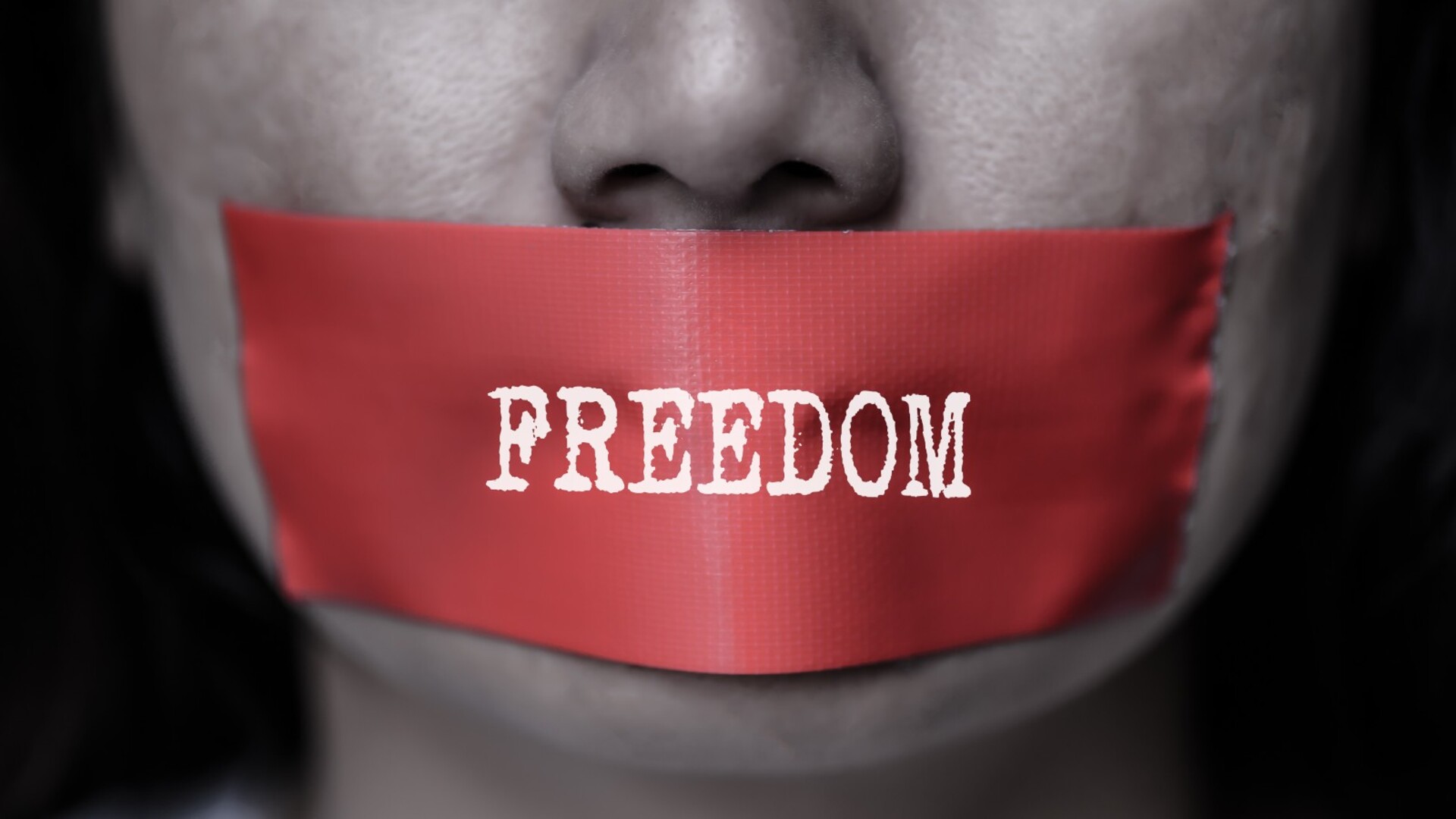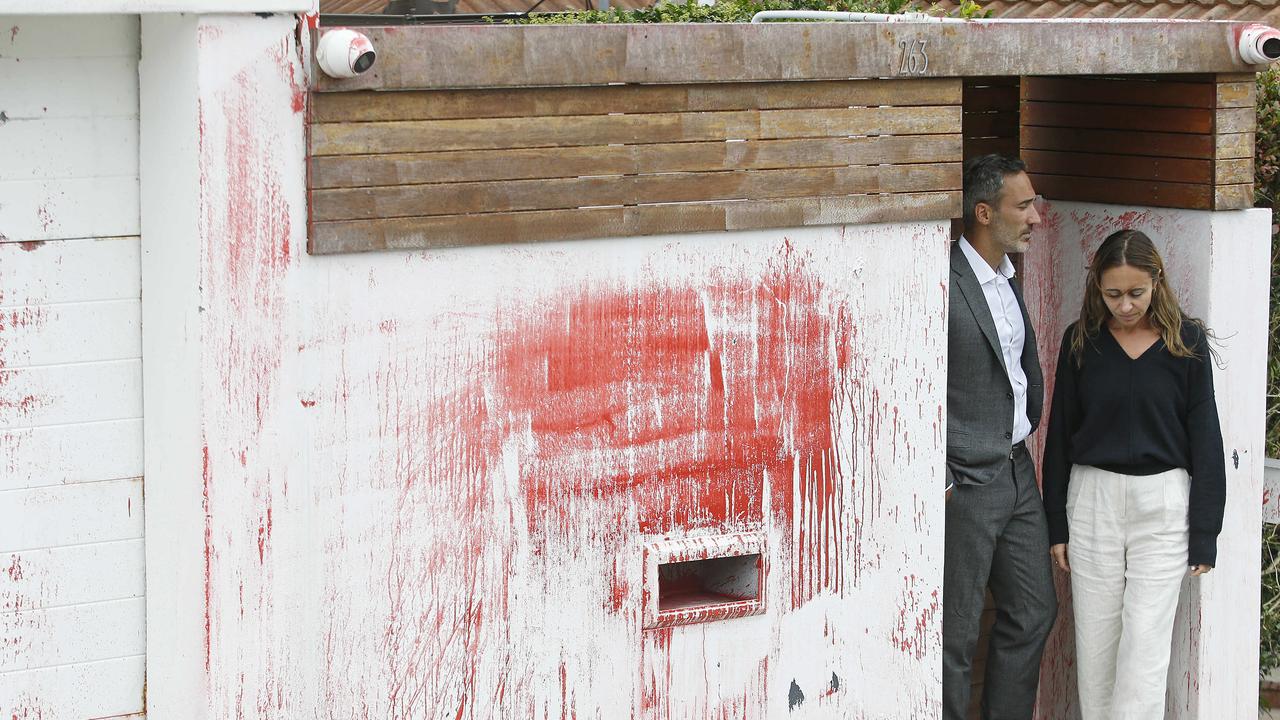New laws to make inciting racial hatred criminal to be introduced to NSW parliament on Tuesday
The measures aim to curb racial hatred and enforce harsher punishments for racist acts, including individuals facing up to two years in prison.

Hate speech and other acts of inciting racial hatred will become criminal under tough new laws to be introduced into the NSW parliament on Tuesday, in an effort to crack down on a spate of anti-Semitic incidents across the state.
The Crimes Amendment (Inciting Racial Hatred) Bill 2025 will make it a crime to “intentionally and publicly incite hatred towards another person, or group of people, on the grounds of race.”
The proposed offence would have a maximum penalty of two years in prison, fines of up to $11,000, or both for an individual, while corporations could face fines of $55,000.
The amendment includes an exception for directly referencing religious texts during religious teachings.

“Racial hatred is unacceptable and under this new legislation, it will be a crime to publicly and intentionally incite racial hatred,” Attorney-General Michael Daley said.
“It is important for members of our community to be protected from conduct that causes them to fear for their safety, or to fear harassment, intimidation or violence,” he added.
The laws are part of a suite of legislative and funding actions by the NSW government to combat racial hatred in recent months.
The Minns government has already introduced two new offences in the Crimes Act that ban demonstrations outside places of worship and further criminalise Nazi symbols.
The reforms also aim to make graffiti on a place of worship an aggravated offence.
Other measures taken include a $525,000 funding boost for the NSW Police Force Engagement and Hate Crime Unit, and an extra $500,000 for the NSW Local Government Social Cohesion Grants Program.


“We have seen disgusting acts of racial hatred and anti-Semitism,” NSW Premier Chris Minns said earlier this month.
“These are strong new laws, and they need to be because these attacks have to stop.
“NSW is a multicultural state, and these acts designed to intimidate and divide will not work,” he said.
Mr Minns added that although the suite of legislation had been drafted in response to anti-Semitic incidents, the amendments would apply to “anyone, preying on any person, of any religion.”

The development follows changes to federal hate crime laws passed on February 6 that controversially added minimum mandatory sentences to the display of hate symbols, funding terrorism and terror crime.
Advocating for and using force or violence to threaten people or groups on the basis of race, religion, disability, ethnic origin or gender identity will also be banned.
Despite criticism from the crossbench, the federal laws were passed without amendments and supported by the Coalition.





